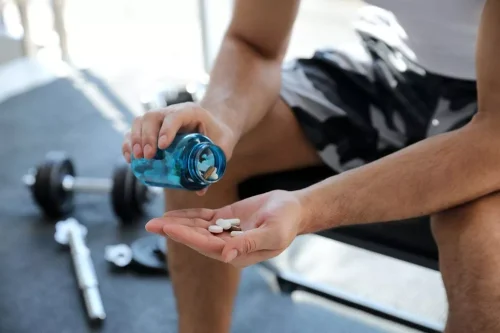Alcohol intolerance Symptoms & causes

You can discuss the study with your doctor, to ensure that all drug risks and benefits are fully discussed and understood. Snatiation is likely genetic and doesn’t cause any health problems. If you notice that you sneeze more after large meals, try eating smaller meals or eating slowly. Snatiation is a combination of the words “sneeze” and “satiation,” which means being full or satisfied. It refers to a relatively common but poorly understood condition that causes people to sneeze uncontrollably after a large meal.
- If you feel ill after drinking alcohol but don’t experience symptoms at any other time, it’s possible that you have an alcohol intolerance.
- When it comes to alcohol withdrawal, don’t go at it alone.
- This is likely because wine contains histamines, which trigger allergies.
- You can also manage the symptoms of gustatory rhinitis with over-the-counter decongestants, such as pseudoephedrine (Sudafed).
- If you’re starting a new medication, it’s always a good idea to talk with your healthcare provider or pharmacist about how your medication can interact with alcohol.
What are the symptoms of alcohol allergy?

If you find that warm drinks make you sneeze, try chilling them before you drink them. This will help to soothe the mucous membranes in your nose and prevent them from swelling and triggering a sneeze. Like wine, beer also contains histamines, which can trigger sneezing. In addition, beer is often brewed with hops, comprising a compound called lupulin.

Related Articles
Quercetin is a plant pigment that has been shown to cause sneezing in some people. Nasal polyps are soft, noncancerous growths on the lining of the nose or sinuses. People should note, however, that its authors do not propose that this means that alcohol causes allergies. Alcohol-induced respiratory symptoms are common in patients with aspirin exacerbated respiratory disease.
Alcohol allergy vs. alcohol intolerance
For example, people of Asian descent tend to have lower levels of ALDH. Alcohol intolerance happens when your body reacts in an unpleasant way to alcohol, but the process doesn’t involve your immune system. You may develop many symptoms, but you won’t have an anaphylactic reaction. Rarely, severe pain after drinking alcohol is a sign of a more serious disorder, such as Hodgkin’s lymphoma.
Alcohol allergies

However, some people with Hodgkin lymphoma experience pain in their lymph nodes after consuming alcohol. Alcohol allergy symptoms can range from mild, such as an itchy mouth or eyes, to severe, including vomiting or anaphylaxis. An alcohol allergy occurs when the immune system overreacts to alcohol entering the body. Sulfites, tyramines, alcohol sneezing and histamines are substances that are naturally found in many forms of alcohol. They’re present in higher amounts in certain types of alcohol, like red wine, than others. So, people are typically born with a tendency for alcohol intolerance, which also runs in groups of people who are more closely genetically related.

Many of the methods of stopping a sneeze involve finding ways to help prevent the reflex of sneezing in the first place. Keeping tissues nearby can help a person reach them in time to stop or catch the sneeze. However, as a person may blow their nose and then sneeze immediately afterward, this method is not always effective. People who are about to sneeze can try blowing their nose instead. This may help clear the irritant triggering the sneeze, although this technique is not scientifically established.
Alcohol Withdrawal Symptoms: What Does Detoxing Feel Like? A Timeline

Get the Mayo Clinic app
- If you have this variant, it causes your body to produce less active ALDH2.
- Alcohol withdrawal that progresses to delirium tremens causes intense hallucinations, as well as severe confusion, disorientation, and agitation.
- Read the ingredient lists of foods and drinks, ask restaurant staff for information about menu items, and avoid products that contain alcohol.
- Simply avoid alcohol, limit how much you drink or avoid certain types of alcoholic beverages.
- Applying a cold compress to your nose will help to soothe the mucous membranes in your nose and reduce inflammation.





